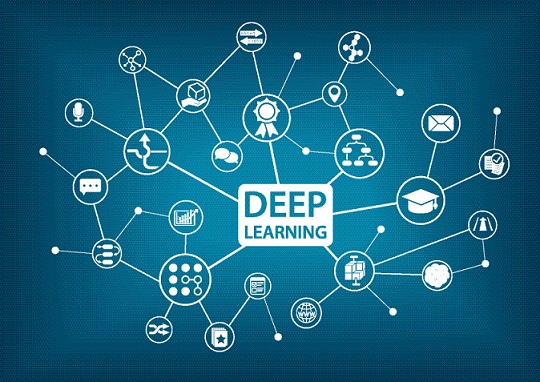In the 1990s, there was a popular book called Re-engineering the Corporation. Looking back now, Re-engineering certainly has had a mixed success – but it did have an impact over the last two decades. ERP deployments led by SAP and others were a direct result of the Business Process re-engineering phenomenon.
So, now, with the rise of AI: Could we think of a new form of Re-engineering the Corporation – using Artificial Intelligence? The current group of Robotic process automation companies focus on the UI layer. We could extend this far deeper into the Enterprise. Leaving aside the discussion of the impact of AI on jobs, this could lead to augmented intelligence at the process level for employees (and hence an opportunity for people to transition their careers in the age of AI).
Here are some initial thoughts. I am exploring these ideas in more detail. This work is also a part of an AI lab we are launching in London and Berlin in partnership with UPM and Nvidia both for Enterprises and Cities
Re-thinking Enterprise business processes using Augmented Intelligence
How would you rethink Enterprise business processes using Augmented Intelligence?
To put the basics into perspective: we consider a very ‘grassroots’ meaning of AI. AI is based on Deep Learning. Deep Learning involves automatic feature detection using the data. You could model a range of Data types (or combination thereof) using AI:
a) Images and sound – Convolutional neural networks
b) Transactional – ex Loan approval
c) Sequences: including handwriting recognition via LSTMs and recurrent neural networks
d) Text processing – ex natural language detection
e) Behaviour understanding – via Reinforcement learning
To extend this idea to Process engineering for Enterprises and Cities, we need to
a) Understand existing business processes
b) Break the process down into its components
c) Model the process using Data and Algorithms (both Deep Learning and Machine Learning)
d) Improve the efficiency of the process by complementing the human activity with AI(Augmented intelligence)
But this just the first step: You would have to consider the wider impact of AI itself
So, here is my list / ‘stack’:
- New processes due to disruption at the industry level (ex Uber)
- Change of behaviour due to new processes( ex: employees collaborating with Robots as peers)
- Improvements in current Business Processes for Enterprises: Customer services, Supply chain, Finance, Human resources, Project management, Corporate reporting, Sales and Logistics, Management
- The GPU enabled enterprise ex Nvidia Grid but more broadly GPUs Will Democratize Delivery of Modern Apps, More Efficient Hybridization of Workflows, Unify Compute and Graphics
- The availability of bodies of labelled data
- New forms of Communications: Text analytics, Natural language processing, Speech recognition, chatbots
I am exploring these ideas in more as part of my work on the Enterprise AI lab we are launching in London and Berlin in partnership with UPM and Nvidia both for Enterprises and Cities. Welcome your comments at ajit.jaokar at futuretext.com or @ajitjaokar

